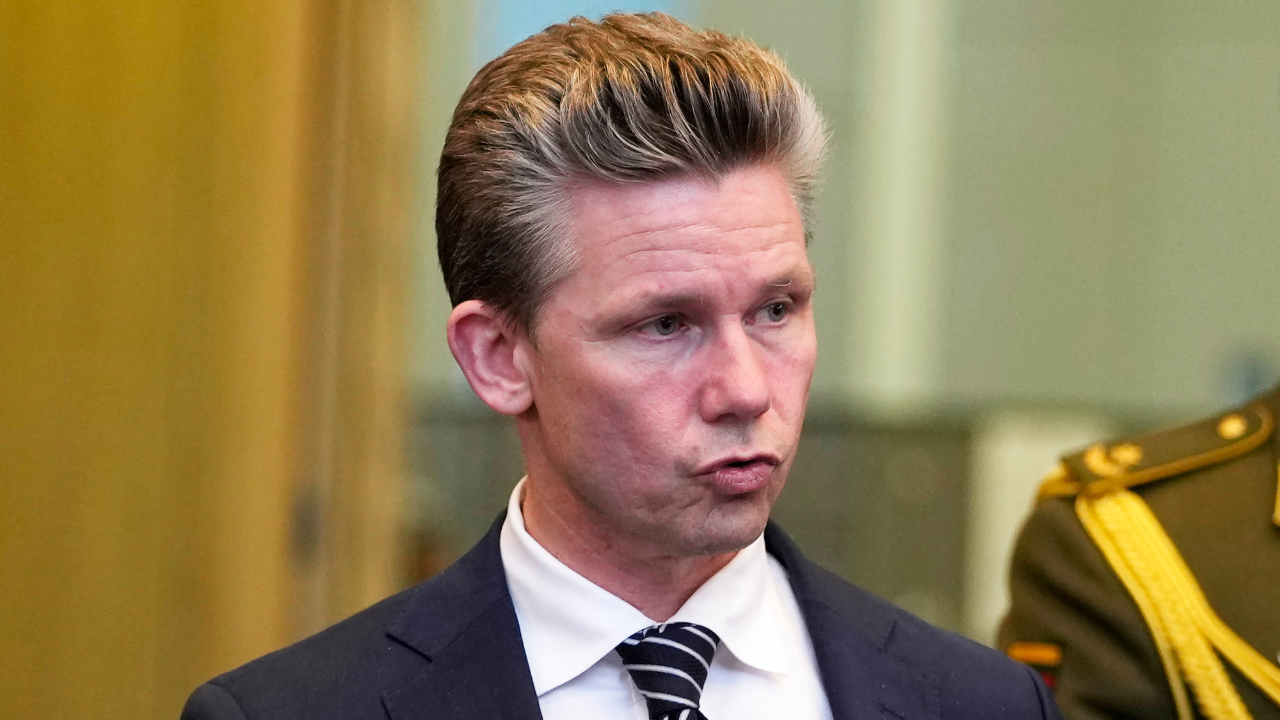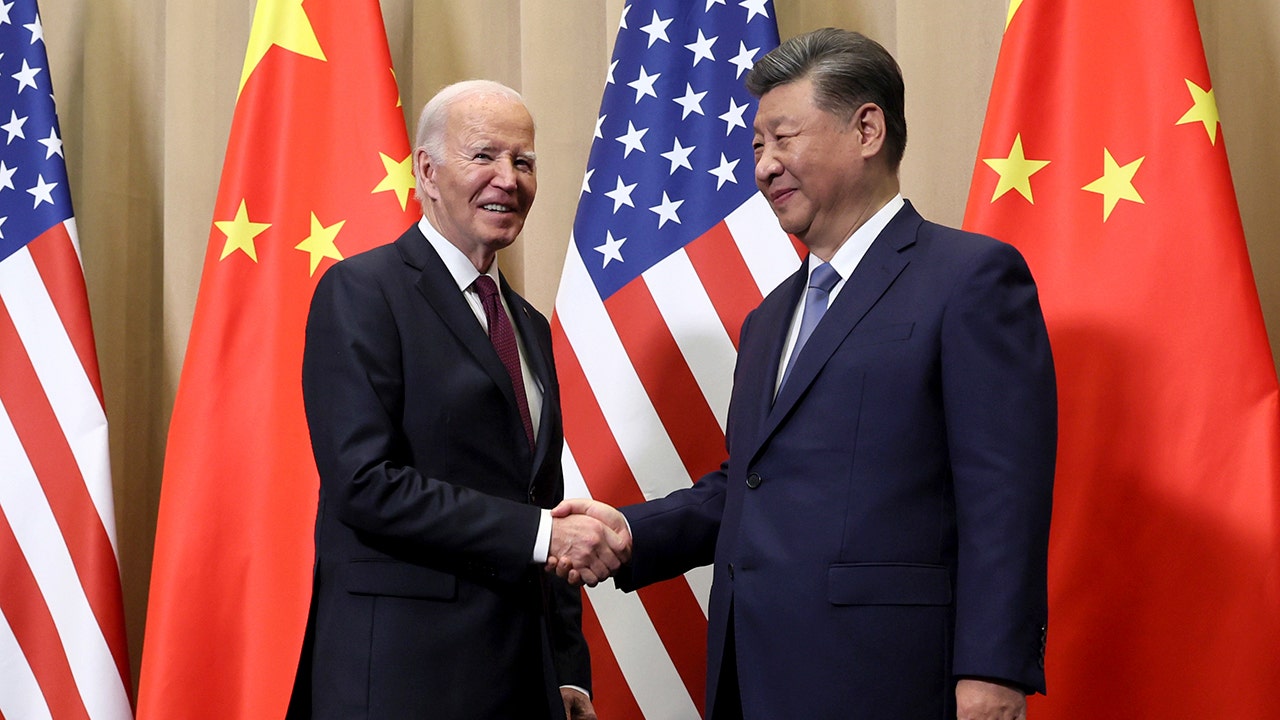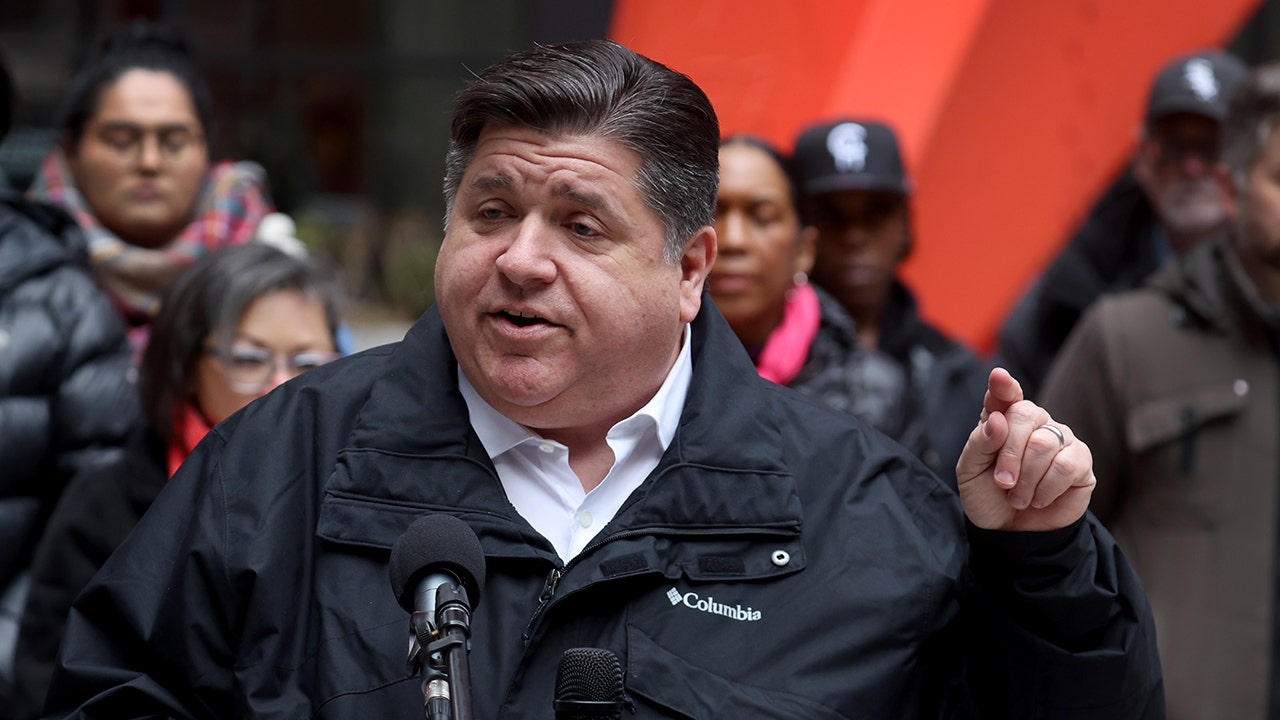- Sweden’s defense chief, Pål Jonson, has voiced over China’s dangerous maneuvers in the South China Sea during a diplomatic event in Manila.
- The Philippines is considering acquiring supersonic fighter jets, with Sweden as a potential source.
- China’s actions, including the use of water cannons, have damaged Philippine vessels and strained relations.
Sweden’s defense chief has expressed alarm over Beijing’s repeated dangerous maneuvers against Philippine vessels in the South China Sea, saying such actions threaten global security, undermine stability and underscore the need to invest “for our security and freedom.”
Defense Minister Pål Jonson spoke Thursday night in a diplomatic reception in Manila for Sweden’s national day after meeting his Philippine counterpart, Gilberto Teodoro Jr., on expanding defense relations. Sweden is one of the possible sources of supersonic fighter jets that the Philippines plans to acquire as its military shifts focus from decades of fighting communist and Muslim insurgencies to territorial defense.
“Let me express my deep concern on the repeated dangerous maneuvers against Philippines vessels that have been taking place in the West Philippine Sea and the South China Sea,” Jonson said. He did not mention China in his speech but drew applause from an audience that included top Philippine military and security officials and Western and Asian diplomats.
Jonson used the name the Philippines has adopted for the stretch of waters called the exclusive economic zone extending from its western coast to the South China Sea, which Beijing claims virtually in its entirety and guards closely with its coast guard, navy and other ships.
Sweden’s Defense Minister Pål Jonson arrives for a meeting of the NATO-Ukraine Council at NATO headquarters in Brussels, on Oct. 11, 2023. Jonson has expressed alarm over Beijing’s repeated dangerous maneuvers against Philippine vessels in the South China Sea, saying such actions threaten global security, undermine stability and underscore the need to invest “for our security and freedom.” (AP Photo/Virginia Mayo, File)
Confrontations between Chinese and Philippine government ships over two disputed shoals have flared alarmingly since last year, causing collisions.
China’s use of powerful water cannons had damaged Philippine vessels, injured several Filipino navy personnel, and strained diplomatic relations. Manila has filed diplomatic protests and publicized Chinese actions against the Philippine coast guard and navy vessels in an effort to gain international support.
“These acts put human lives at risk, they undermine regional stability and international law and they threaten the security in the region and beyond,” Jonson said. “These are not only threats to your national security but threats to our common global security.”
PHILIPPINES WARNS OF ‘RED LINE’ WITH BEIJING AMID HEIGHTENED TENSIONS IN SOUTH CHINA SEA
The Philippines coast guard belatedly reported Friday that one of its high-speed boats was blocked and surrounded by Chinese coast guard vessels as it approached a Philippine territorial outpost in the Second Thomas Shoal on May 19 to get a sick Filipino military sailor from a navy boat deployed near the shoal outpost.
“Despite informing the Chinese coast guard via radio and public address system about the humanitarian nature of our mission for medical evacuation, they still engaged in dangerous maneuvers and even intentionally rammed the Philippine navy boat while transporting the sick personnel,” the Philippine coast guard said. Despite the dangerous blockings, the Philippine coast guard said the medical evacuation was carried out successfully.
In Beijing, Chinese Foreign Ministry spokesperson Mao Ning said that China can allow the Philippines to evacuate personnel “if the Philippine side notifies China in advance.” She did not address whether that had been done in this case and warned against any Philippine attempt to occupy the shoal permanently.
Video issued by the Philippine coast guard showed Chinese coast guard vessels closely blocking and surrounding the Philippine boats in a tense faceoff with a Filipino telling the Chinese coast guard “We’re going to medivac some personnel. We have a sick personnel on that boat.” A Chinese officer responded in Chinese and both sides took video and photos of each other.
Earlier this week, China’s official Xinhua News Agency posted a video showing what it said was Philippine military personnel taking away part of more than 2,000 meters (6,500 feet) of fishing nets cast by Chinese fishers near the same shoal.
One fisher, standing in a small green boat with two others, shouts to the camera that the nets “were broken by the Filipinos and we couldn’t catch any fish.” The accompanying Xinhua text says that more than 330 feet were removed.
Col. Francel Margareth Padilla, spokesman for the Armed Forces of the Philippines, denied the Chinese allegation. “This latest accusation is yet another example of China’s malign influence operation, which seeks to distract from the real issue at hand: their ongoing illegal, coercive, aggressive and deceptive actions and activities in the West Philippine Sea,” said Padilla.
CLICK HERE TO GET THE FOX NEWS APP
While Sweden and the Philippines deeply value peace, Jonson said, “we also understand that we get peace through strength” and underlined the strategic need for investing “for our security and freedom.”
Aside from the Philippines, Sweden has been strengthening defense ties with the United States, Japan and Australia, Jonson said, citing his country’s decision in March to join the NATO alliance, turning away from a long policy of neutrality after Russia’s invasion of Ukraine in 2022.
Sweden, he said, stands firm behind the call of the European Union and other governments for restraint and full respect for international law in the South China Sea “to ensure peaceful resolution of differences and a reduction of tensions in the region.”
The United Nations charter, the U.N. Convention on the Law of the Sea and other similar international regulations that aim to protect civilians at sea “should be respected at all times,” he said.





